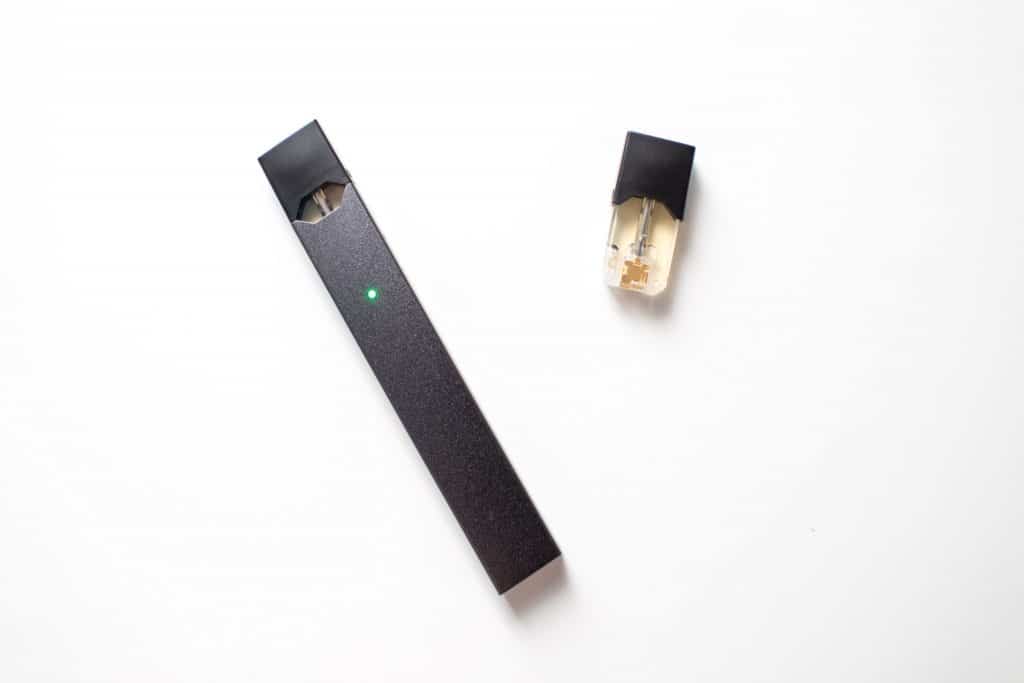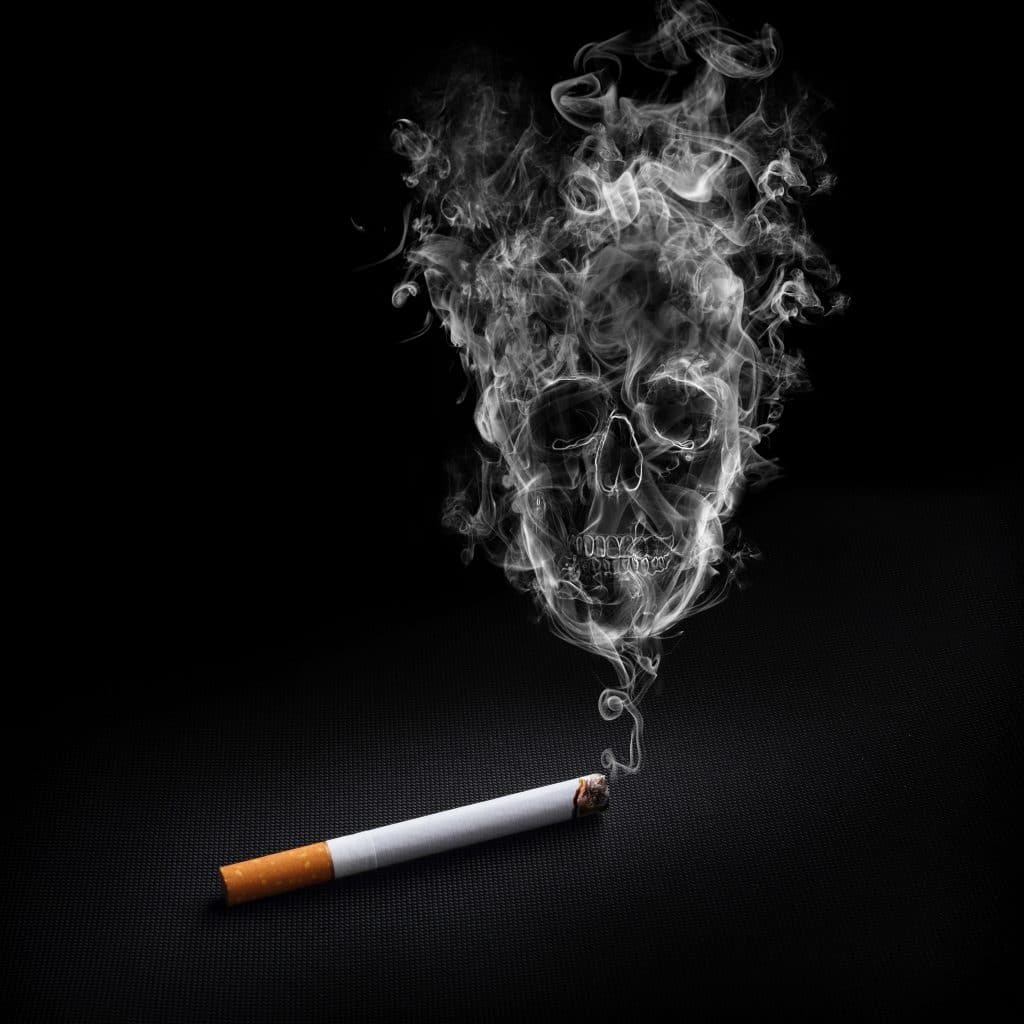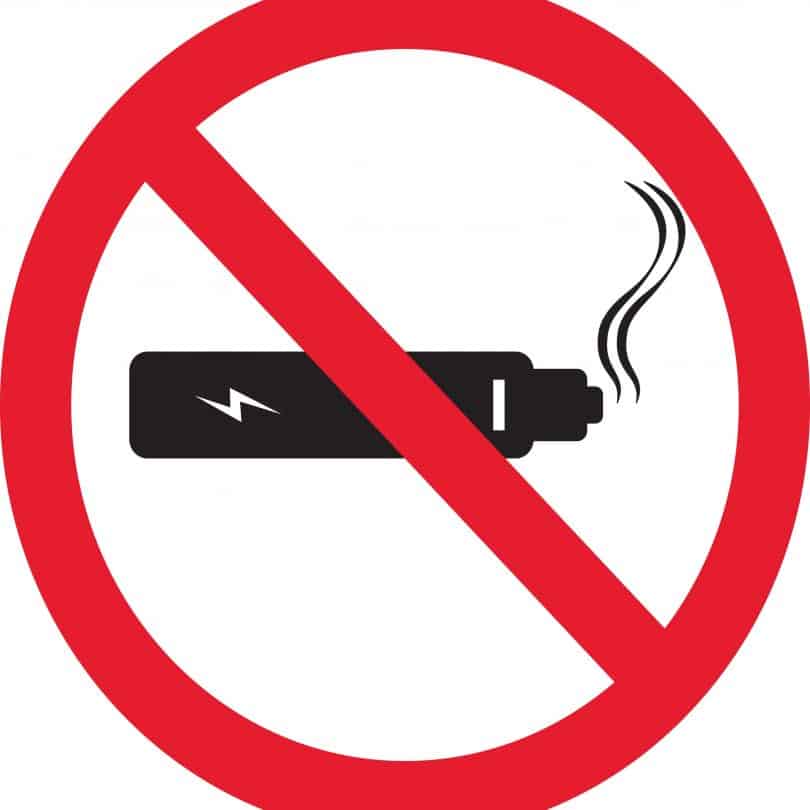In a recent move, the US government works to back up its own smear campaign against vaping. The FDA just banned Juul products over safety concerns, but left cigarettes on the market. How does this make sense when cigarettes are the bigger danger?
The FDA banned Juul products for safety reasons, but left cigarettes, which kill almost a half million Americans a year. Where’s the logic? Where’s the care for humanity? Welcome to a completely independent news site focusing on the growing cannabis and psychedelics landscapes, and all aspects involved. Stay current by subscribing to the THC Weekly Newsletter, which also gets you access to all kinds of product promotions including for the popular cannabinoid compounds: HHC-O, Delta-8, Delta-9 THC, Delta-10 THC, THCO, THCV, THCP, and HHC. Choose your products wisely, there’s plenty on the market, and no one should use a product they are uncomfortable with.
What’s the news?
On June 23rd, the FDA officially banned Juul e-cigarette products, demanding their removal from store shelves. The company had submit a request to the FDA in order to continue selling its products. The FDA denied the request, meaning Juul’s line of e-cigarette devices and prefilled cartridges, both in regular tobacco and menthol flavors, must be removed.
The reasoning by the FDA is that Juul didn’t provide enough information to prove its products are safe. Previous complaints were geared specifically at a fear of children using the vapes, but this time around the FDA focused on general safety for all users. The FDA spoke of the potentially harmful compounds that can leach into vape liquid, as well as possible DNA damage that the FDA says Juul’s own research report raised concerns for. This sounds especially odd as nothing has ever linked vaping of any kind to DNA damage.
Former Center for Tobacco Products director, Mitch Zeller, had this to say: “It’s about anybody who would use the product and potential safety issues that the company failed to adequately address.”

The FDA’s official statement, led by Center for Tobacco Products, Michele Mital, stated that the FDA had asked Juul to respond to questions, and that the company was given enough time to do so, but did not. The statement said that Juul “instead left us with significant questions. Without the data needed to determine relevant health risks, the FDA is issuing these marketing denial orders.”
What questions were asked exactly, was not made clear. Nor were how the FDA expected Juul would be able to prove long term safety, when the FDA itself is incapable of doing that for any of the drugs it passes. Regardless, the FDA said it will watch the industry to make sure no further Juul products are sold, and will issue warnings, fines, and seizures, if they are.
The response
As per expectation, Juul was unhappy with this news, and said through chief regulatory officer, Joe Murillo, that the company will appeal the decision. According to Murillo, Juul has indeed “provided sufficient information and data based on high-quality research.” According to Juul, it has received no information or complaints to imply any kind of immediate danger to consumers, making it nonsensical that the FDA banned Juul products.
Juul has a couple options for how to legally respond. The company can sue the FDA in a federal appeals court. Or it can file an appeal with the FDA, and request a stay on the current decision until the appeal is settled. The company has issued no statement on exactly how it plans to combat the decision against it.
Gregory Conley, the American Vaping Association president, commented on the baseless value of the FDA’s claims, saying they were nonsense, and made-up. And this idea was regurgitated by even anti-tobacco groups, that are also questioning why the FDA would do this.
This is exemplified by Clifford E. Douglas, the director of the University of Michigan’s Tobacco Research Network, who was also former vice president for tobacco control at the American Cancer Society. Said Douglas, “Given the political pressure brought to bear by tobacco-control groups, parent groups and members of Congress to ban Juul, one wonders whether this decision was solely based on safety.”

Douglas noted that Juul has become a much more responsible company recently, though it started out a bit more uncontrolled. He also cited Juul products with specifically help a family member quit smoking.
Where did Juul’s problems come from?
The FDA banned Juul products, but plenty of companies sell vapes. Juul was the first big e-cigarette producer, and as is often the case, the first to do something, bears the blame for it. Juul has been criticized for starting a ‘vaping epidemic’, and for getting large amounts of kids to start vaping. Those criticisms generally bypass that Juul has therefore kept a lot of people from starting to smoke cigarettes.
Back in 2018, the backlash grew when it was realized how many teenagers were vaping. Of course, that kids are doing it, doesn’t mean they’re being hurt, so the incidence is irrelevant without accompanying injury. However, more importantly, it keeps kids off cigarettes. This should be considered a good thing. Unfortunately, the US government makes a ton of money from cigarette taxes, and since it’s repeatedly shown unable to fully regulate, or collect on, the vape industry, it tends to demonize it, even to the point of pushing the public toward the more dangerous option. We saw this last year when the government wanted to impose a vape mail ban.
Juul actually did do a lot around 2019 to repair its image, and went to great lengths to keep teenagers from using its products. As part of its application to continue from two years ago, it submit plenty of research about how its products can help people quite smoking, and that nothing specifically is done to attract teens.
Why this is insanely backwards
In the US alone, according to the CDC itself, cigarettes cause 480,000 deaths, and are one of the main causes for cancer deaths, respiratory deaths, and cardiovascular deaths. Not only that, of the 480,000 yearly US deaths, secondhand smoke accounts for a massive 41,000 deaths. Imagine that, 41,000 people a year who don’t even have the bad habit, die because of someone else’s bad habit.
Smoking isn’t about cigarettes, though this has been confused in the public’s minds for quite some time. What causes damage is smoke inhalation, and smoking cigarettes, is constant smoke inhalation. So the tobacco isn’t the dangerous aspect, and realistically has been used for millennia medically, without a massive death count. The issue is lighting something on fire and breathing it in, for which it matters little what the burning substance is. This means anything that gets away from combustion, automatically offers a better option.

Vaping is not associated with anything negative directly. There are issues with vape carts leaching out heavy metals, but this is relevant to all vape carts made of certain materials, and would therefore apply to legal cannabis markets as well, which somehow aren’t being fingered as promoting the same danger at the moment. There is also the issue of additives, and while this is indeed something to worry about, as deaths have been caused by them, even this pales in comparison to the death count of smoking. It’s almost a joke to compare the two.
Which makes it that much more insane that this argument is happening at all. Dangers of vaping? When it replaces the thing that kills 480,000 people a year? And with no secondhand victims? Is this for real? Because it sounds like a backwards joke. Not only has the UK verified that vaping itself is not an issue through an independent report, but its also been verified in research, and put out by cancer groups, that there is no connection to cardiovascular death or cancer.
Given cigarettes are on the market, don’t we want vapes to attract kids, since this means they won’t be as likely to do what will actually kill them? Maybe its not ideal for kids to do either, but they’re going to, and we know this already. Isn’t it better to take the safer option. And why aren’t smoking statistics ever mentioned when people are railing on vapes?
The idea that the FDA would remove a product that keeps people from a deadlier product, and point to danger issues as the reason, is so insane, it makes me want to pull out my hair. No deaths on one side, and 480,000 on the other. If the FDA was concerned about danger, why not just remove cigarettes? Maybe because they’re one of the biggest money-makers for the government, bringing in billions of dollars in tax revenue? No wonder it wants to push people back toward smoking, and that’s the only thing that getting rid of vapes will do.
Conclusion
The scariest thing to me, is that even with smoking death statistics widely available, and essentially none for vapes aside from illegal additives (which provide such paltry numbers in comparison that its laugh-worthy at best), people are still getting confused by these government antics. The line that vapes are dangerous has most certainly caught on for many, pinpointing a horrifying reality about how far the government will go at the peoples’ expense, to protect its own lines of tax revenue.
Personally, I hope Juul sues the FDA, and finally brings to light how safe vaping is in comparison to smoking, and how corrupt the government is for doing what it’s doing.
Hello readers! Welcome to Cannadelics.com (formerly known as CBDtesters.co), your best independent source for news on the expanding cannabis and psychedelics industries. Stop by for daily updates on everything important going on, and subscribe to The THC Weekly Newsletter, to ensure you always know the news first.









